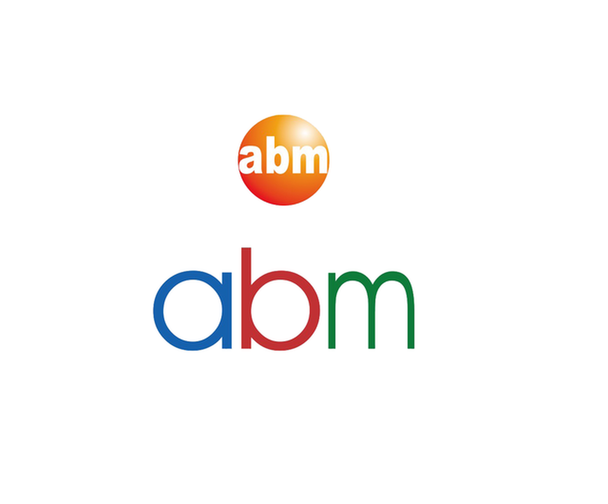abm human recombinant protein
Recombinant Human BAFF-R (TNFRSF13C) | Z100017
- SKU:
- Z100017
- Availability:
- 5 to 7 Days Shipment
Description
abm | Recombinant Human BAFF-R (TNFRSF13C) | Z100017
The B cell-activating factor from the TNF family (BAFF), is emerging as an important regulator of B cell and T cell responses. BAFF was originally identified as a factor responsible for B cell survival and maturation. BAFF binds to several receptors. These include transmembrane activator and calcium modulator and cyclophilin ligand interactor (TACI), BAFF-R (BR3), and B cell maturation Ag (BCMA). BAFF-R appears to be particularly important for the regulation of B cell survival and maturation in the spleen, because A/WySnJ mice expressing a defective BAFF-R have disrupted B cell maturation, similar to that seen in BAFF-deficient mice.
Functions:
The ED(50) was determined by the ability to block BAFF induced survival of splenocyte cells, and was found to be in the range of 1-5 ug/mL.
Organism:
Human
Source:
E. coli
Alias:
Tumor necrosis factor receptor superfamily member 13C, TNFRSF13C, B-cell-activating factor receptor, BAFF receptor, BAFFR, BLyS receptor 3, CD_antigen=CD268
Gene Symbol:
TNFRSF13C
Gene ID:
115650
Accession:
Q96RJ3
Formulation:
Recombinant BAFF-R was lyophilized from a 0.2 μm filtered solution in 2.5% glycine, 0.5% sucrose, 0.01% Tween80, 5 mM Glutamic acid, pH 4.5.
Solubility:
A quick spin of the vial followed by reconstitution in distilled water to a concentration not less than 0.1 mg/mL. This solution can then be diluted into other buffers.
Appearance:
Lyophilized Powder
Molecular Weight (kDa):
9
Molecular Weight 2 (kDA):
N/A
Molecular Weight 3 (kDA):
N/A
Purity:
>95% as determined by SDS-PAGE
Concentration:
<1.0 EU/μg of recombinant protein as determined by the LAL method.
Shipping Condition :
Ambient Temperature
Storage Condition:
The lyophilized protein is stable for at least one year from date of receipt at -70°C. Upon reconstitution, this cytokine can be stored in working aliquots at 2° - 8°C for one month, or at -20°C for six months, with a carrier protein without detectable loss of activity. Avoid repeated freeze/thaw cycles.










